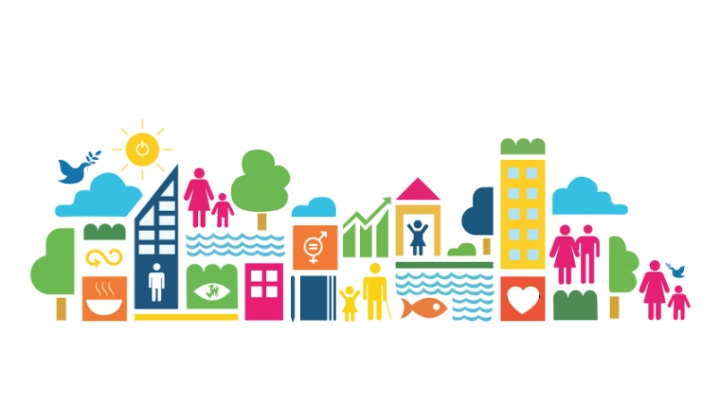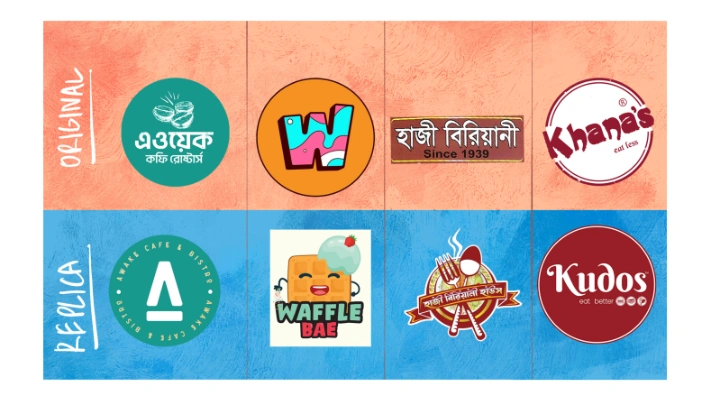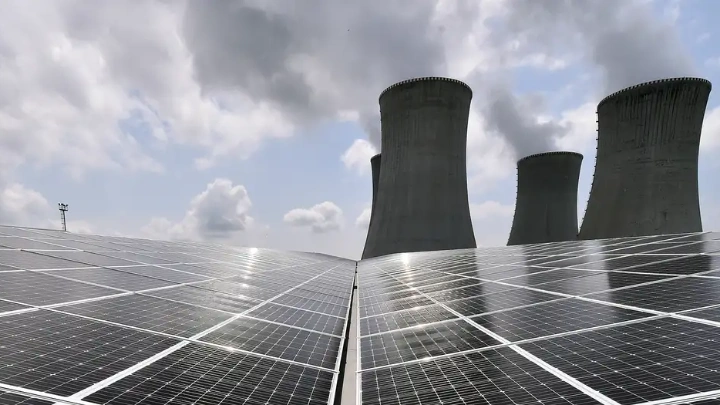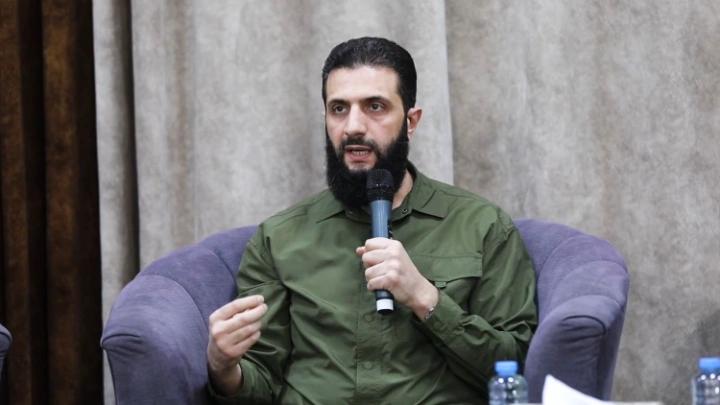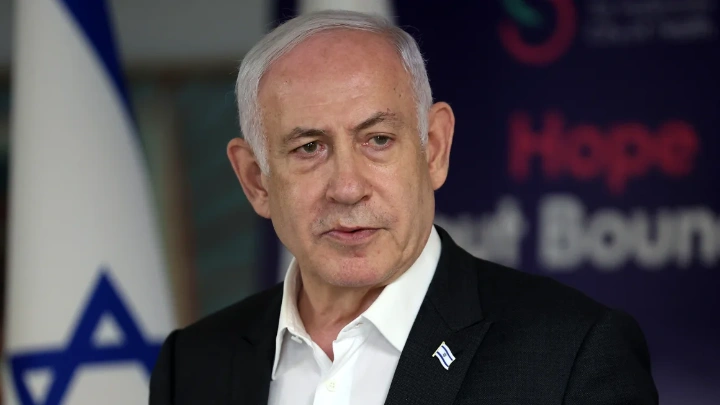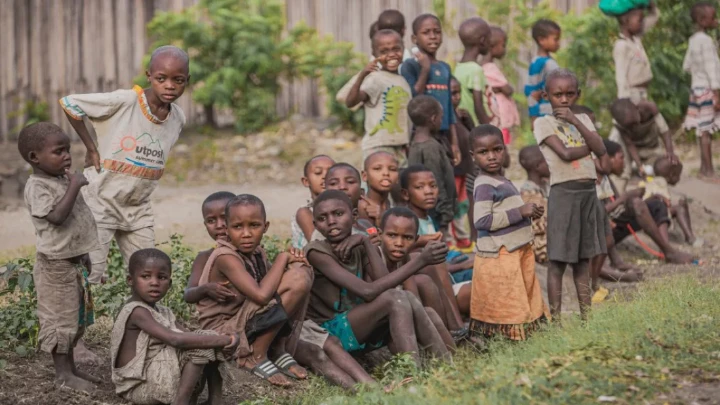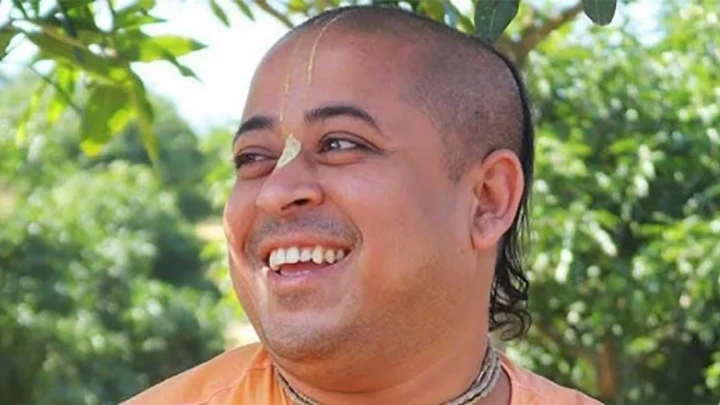Achieving Sustainable Development Goal 4 in Bangladesh: A Journey towards Inclusive Education
Mohammad Tarequl Islam || Shining BD
Sustainable Development Goal 4 (SDG 4) aims to ensure inclusive and equitable quality education for all by 2030. In the context of Bangladesh, the journey towards achieving this ambitious goal is marked by significant progress, challenges, and ongoing efforts to provide quality education to its diverse population.
Bangladesh has made commendable progress in the education sector over the past few decades. Access to primary education has significantly increased, with efforts focused on achieving universal enrollment. Initiatives such as stipends for female students, school feeding programs, and community mobilization have contributed to improving attendance and retention rates. The government's commitment to education is reflected in increased budgetary allocations, the establishment of new schools, and improvements in infrastructure. Moreover, Bangladesh has successfully reduced gender disparities in education, with nearly equal enrollment rates for boys and girls at the primary level. Despite the progress, several challenges persist that hinder the full realization of SDG 4. Quality of education remains a concern, with issues related to outdated curriculum, inadequate teacher training, and a lack of modern teaching methods. Rural-urban disparities also pose a challenge, with urban areas generally having better educational facilities and resources. Furthermore, socio-economic factors, such as poverty and child labor, contribute to high dropout rates, particularly among vulnerable populations. The Rohingya refugee crisis has added an additional layer of complexity, placing a strain on the education system in the southeastern part of the country. Digital divide and the impact of the COVID-19 pandemic have highlighted the importance of technology in education. Ensuring that all students, regardless of their background, have access to online learning tools and resources remains a significant challenge.

The Bangladesh government, along with various non-governmental organizations and international partners, has launched several initiatives to address these challenges and promote SDG 4. The Fourth Primary Education Development Program (PEDP-4) focuses on improving the quality of primary education, teacher training, and infrastructure. Additionally, the government has embraced digital education through projects like "Amar Ghore Amar School," providing televised lessons to students during the COVID-19 pandemic. Efforts are also underway to bridge the digital divide by expanding internet access and distributing digital devices to students in need. Community engagement and awareness campaigns play a vital role in overcoming cultural barriers and encouraging parents, especially in rural areas, to prioritize their children's education. NGOs and civil society organizations are actively involved in complementing government efforts by implementing innovative educational programs.
While Bangladesh has made significant strides in improving access to education, achieving the full spectrum of SDG 4 by 2030 remains a formidable challenge. The country must address the quality of education, bridge socio-economic gaps, and adapt to evolving global trends in education. Success will hinge on sustained government commitment, innovative approaches, and collaboration among stakeholders. Continued investment in teacher training, curriculum development, and technological infrastructure is essential. Moreover, a holistic approach that considers the intersectionality of factors influencing education, such as poverty and gender, is crucial for achieving sustainable and inclusive development.
Bangladesh has demonstrated a strong commitment to education, and progress is evident. However, overcoming existing challenges and adapting to emerging ones will require concerted efforts from the government, civil society, and international partners. With persistent dedication and a multifaceted strategy, there is hope that Bangladesh can make significant strides towards achieving SDG 4 and ensuring inclusive, quality education for all by 2030.
Shining BD

